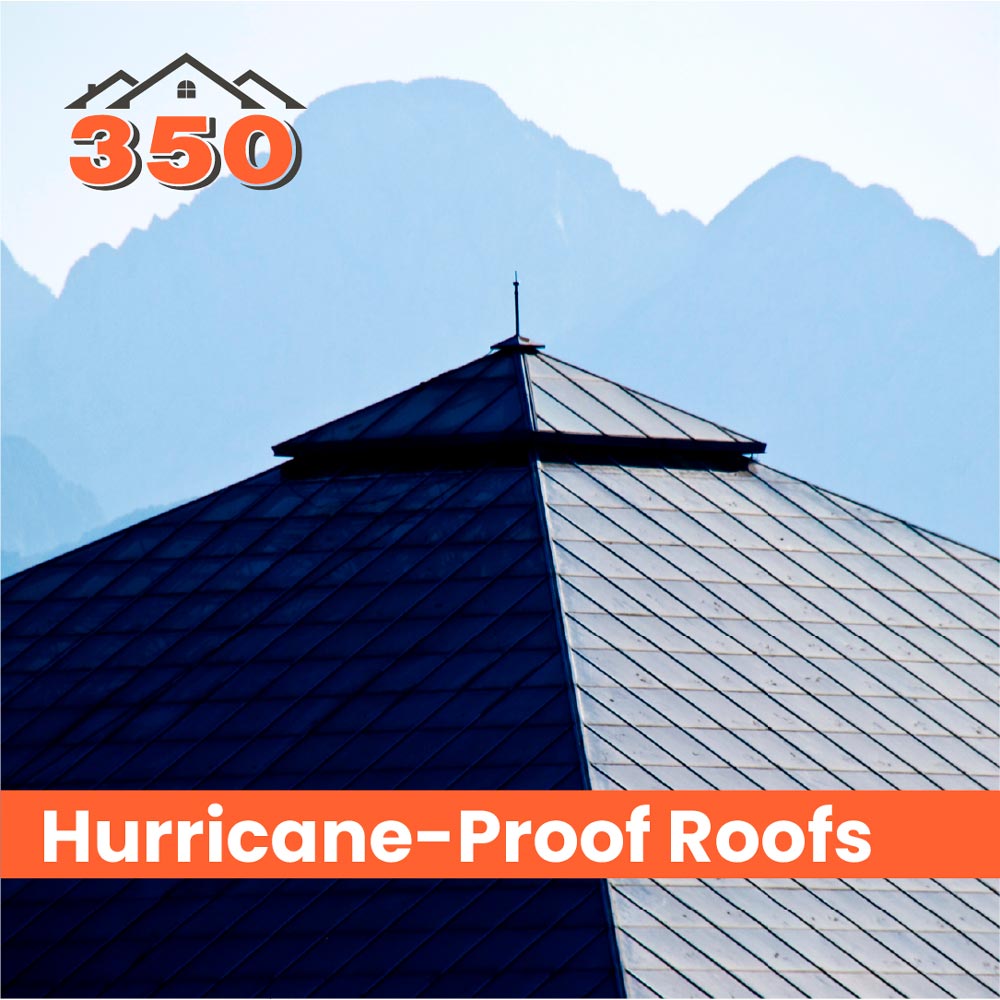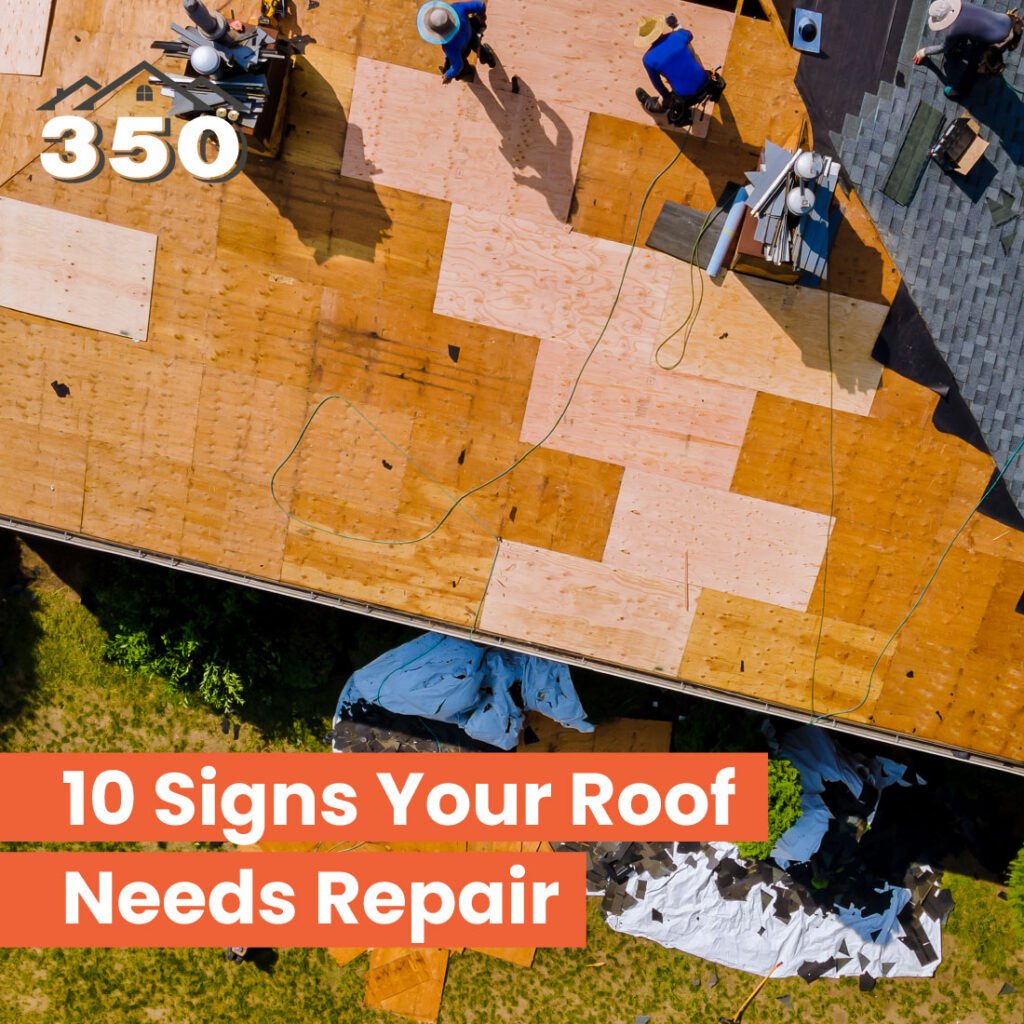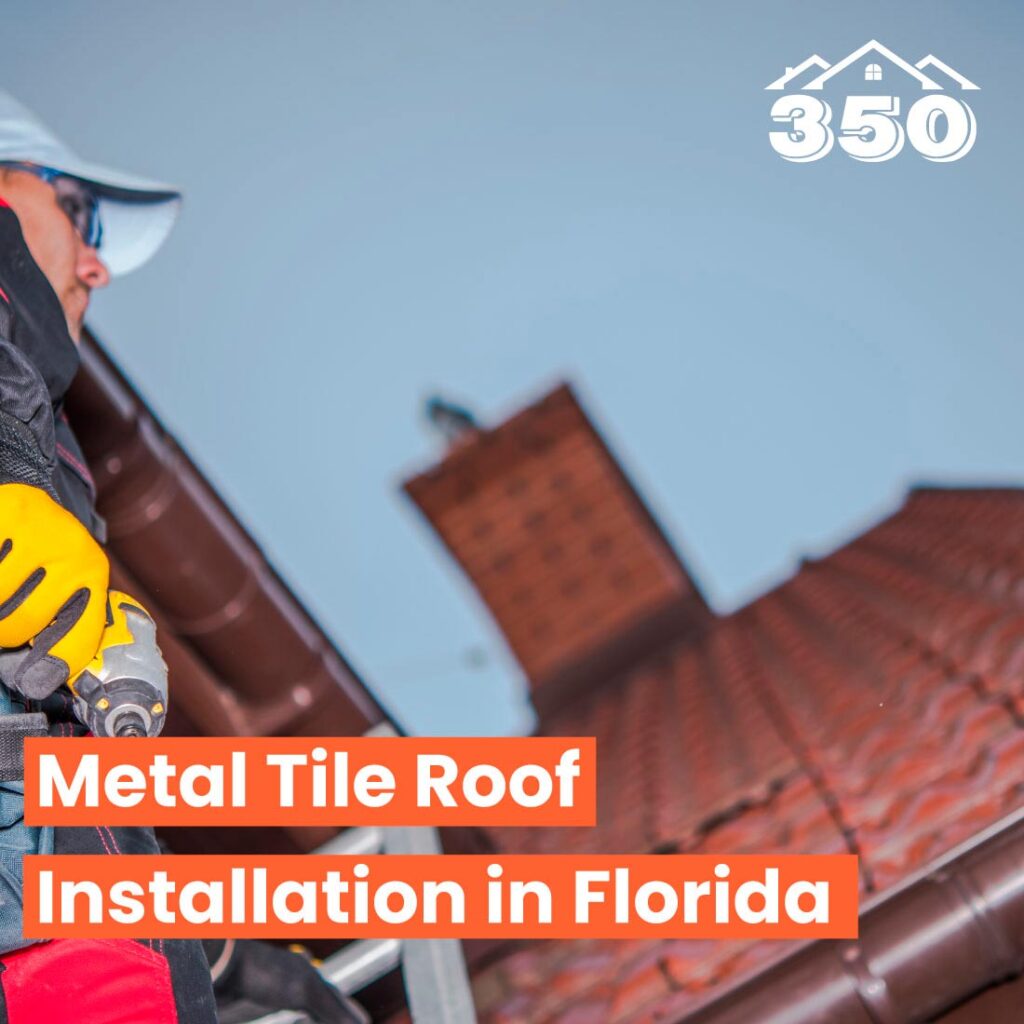Hurricane-Proof Roofs: Everything You Need to Know to Safeguard Your Home in Florida.
In Florida, where hurricanes are a recurring threat, having a robust roof is not just a luxury but a necessity. Hurricane-proof roofs provide the ultimate protection against the devastating forces of nature, ensuring the safety of your loved ones and the integrity of your property. In this comprehensive guide, we delve into everything you need to know about hurricane-proof roofs in Florida, from their construction and materials to their maintenance and cost-effectiveness.
Understanding Hurricane-Proof Roofs
What Makes a Roof Hurricane-Proof?
To truly withstand the fury of a hurricane, a roof must be designed and constructed with resilience in mind. This section explores the key features and components that differentiate hurricane-proof roofs from traditional ones, such as reinforced trusses, impact-resistant materials, and secure anchoring systems.

Importance of Investing in a Hurricane-Proof Roof
With the frequency and intensity of hurricanes on the rise, investing in a hurricane-proof roof is a proactive measure to safeguard your home and minimize potential damage. Here, we discuss the long-term benefits and cost-effectiveness of opting for a hurricane-proof roof, including potential insurance savings and increased property value.
Types of Hurricane-Proof Roofing Materials
Metal Roofing
Metal roofing is a popular choice for hurricane-prone regions due to its exceptional strength and durability. This section explores the various types of metal roofing materials available, such as steel, aluminum, and copper, highlighting their advantages and considerations for Florida’s climate.
Concrete Tiles
Concrete tiles offer superior protection against high winds and flying debris, making them an ideal choice for hurricane-proof roofs. We delve into the benefits of concrete tiles, including their fire resistance, longevity, and aesthetic versatility, while also addressing common concerns such as weight and maintenance.
Asphalt Shingles
Asphalt shingles remain a prevalent roofing material in Florida, but not all varieties are suitable for hurricane-proofing. Here, we discuss the differences between standard asphalt shingles and impact-resistant options, guiding homeowners on the best choices for durability and performance during severe weather conditions.
Synthetic Roofing Materials
Synthetic roofing materials, such as polymer composites and rubberized membranes, offer innovative solutions for hurricane-proof roofs. This section explores the unique properties of synthetic materials, including their lightweight nature, resistance to mold and mildew, and eco-friendly credentials.
Construction and Installation Process
Design Considerations
Designing a hurricane-proof roof involves meticulous planning and adherence to building codes and regulations specific to Florida’s coastal areas. We outline the essential design considerations, such as roof pitch, shape, and overhangs, to maximize wind resistance and structural integrity.
Installation Techniques
Proper installation is crucial to the effectiveness of a hurricane-proof roof. From ensuring a secure attachment to employing advanced sealing techniques, this section provides detailed insights into the installation process, emphasizing the importance of hiring experienced professionals for the job.
Maintenance and Inspection Tips
Regular Inspections
Regular inspections are essential for detecting any signs of wear or damage to your hurricane-proof roof. We recommend scheduling annual inspections by qualified roofing professionals to assess the condition of the roof and address any maintenance issues promptly.
Maintenance Practices
Simple maintenance practices can prolong the lifespan of your hurricane-proof roof and ensure its continued performance. From clearing debris and trimming overhanging branches to inspecting seals and fasteners, we offer practical tips for maintaining a resilient and weather-resistant roof.
Cost Considerations and Insurance Benefits
Initial Investment
While the initial cost of installing a hurricane-proof roof may be higher than traditional roofing options, the long-term benefits far outweigh the investment. Here, we break down the cost considerations, including materials, labor, and potential savings on insurance premiums.
Insurance Premium Reductions
Many insurance companies offer discounts or incentives for homeowners with hurricane-proof roofs, recognizing the reduced risk of damage and the enhanced protection they provide. We explore the potential insurance benefits and savings associated with installing a hurricane-proof roof.
FAQs:
Q: How do hurricane-proof roofs differ from traditional roofs?
A: Hurricane-proof roofs are specifically designed and constructed to withstand the extreme weather conditions associated with hurricanes, utilizing reinforced materials and secure anchoring systems to minimize damage.
Q: Are hurricane-proof roofs more expensive than traditional roofs?
A: While the initial cost of installing a hurricane-proof roof may be higher, the long-term benefits, including potential savings on insurance premiums and increased property value, often justify the investment.
Q: Can I retrofit my existing roof to make it hurricane-proof?
A: In some cases, existing roofs can be retrofitted with hurricane-resistant materials or reinforcements to enhance their durability and performance during severe weather events. However, the feasibility and cost-effectiveness of retrofitting depend on various factors, such as the age and condition of the roof.
Q: How often should I inspect my hurricane-proof roof?
A: It is recommended to schedule annual inspections by qualified roofing professionals to assess the condition of your hurricane-proof roof and address any maintenance issues promptly.
Q: Do hurricane-proof roofs qualify for insurance discounts?
A: Many insurance companies offer discounts or incentives for homeowners with hurricane-proof roofs, recognizing the reduced risk of damage and the enhanced protection they provide against severe weather events.
Q: Can I install a hurricane-proof roof myself, or do I need to hire professionals?
A: Due to the complexity and specialized techniques involved in installing a hurricane-proof roof, it is highly recommended to hire experienced roofing professionals with expertise in designing and constructing resilient roofs.
In conclusion, investing in a hurricane-proof roof is a proactive measure to safeguard your home and loved ones against the devastating impact of hurricanes in Florida. By understanding the key features, materials, and installation processes involved, homeowners can make informed decisions to protect their property and enjoy peace of mind during hurricane season.


